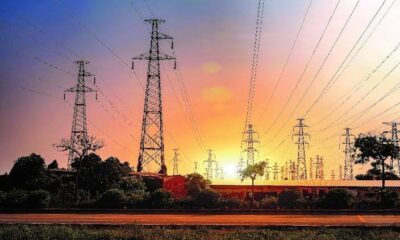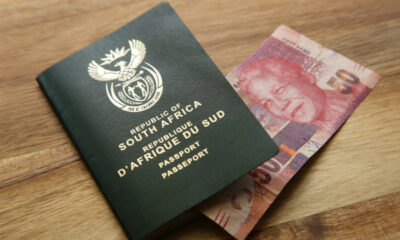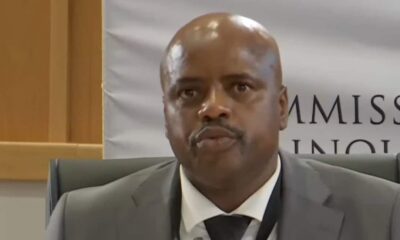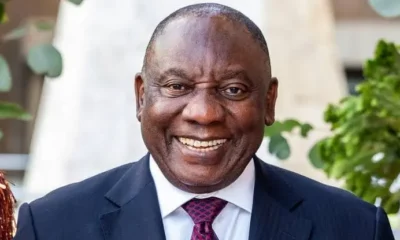News
How South Africa’s Lesotho Water Project Costs Ballooned from R8bn to R53bn
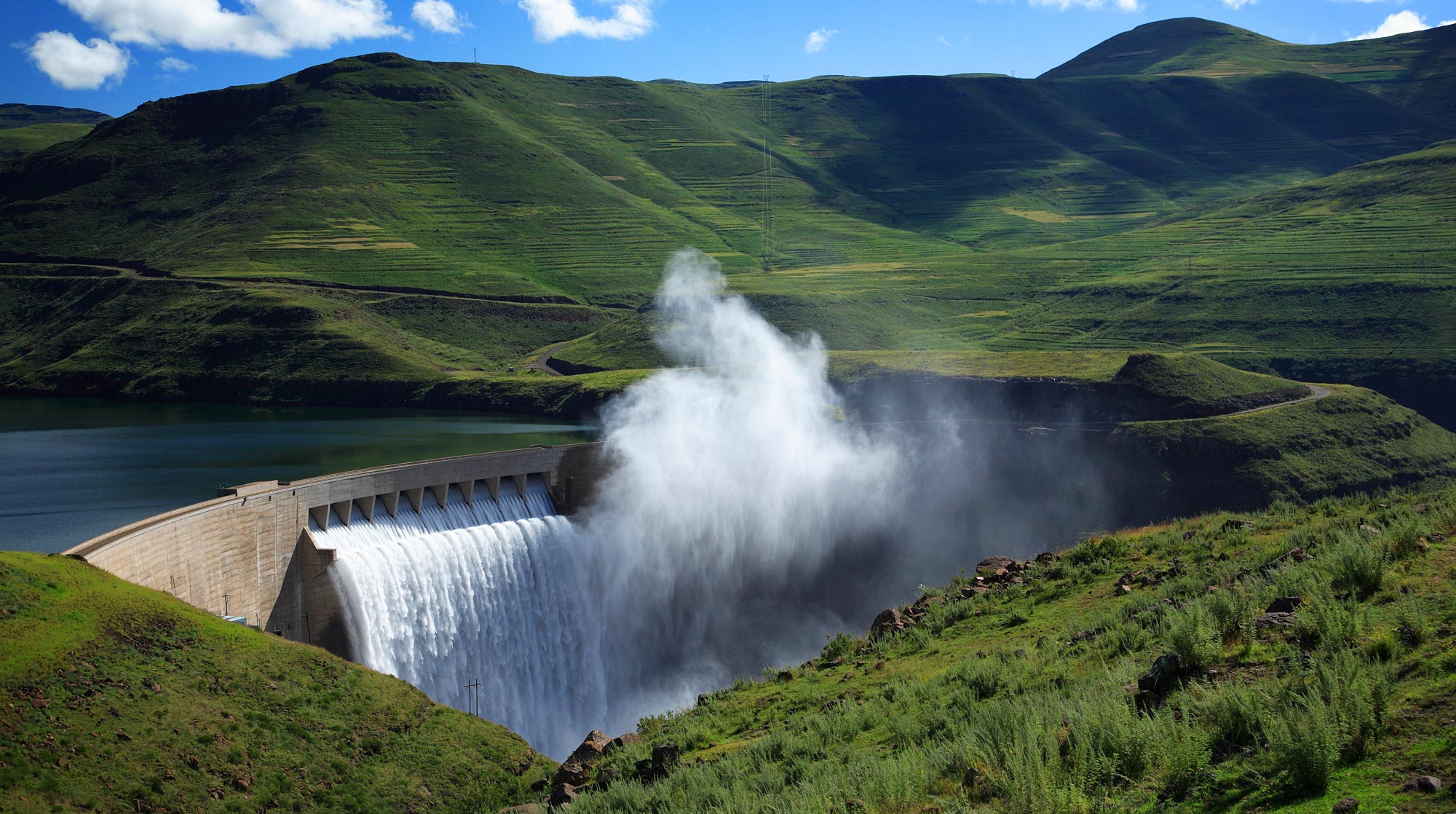
From promise to price shock
When the Lesotho Highlands Water Project (LHWP) Phase 2 was first conceived, planners imagined delivering water to Gauteng’s industrial heartland and generating hydropower for Lesotho for roughly R8 billion. Fast-forward to 2024, and that figure has surged to R53 billion, a sixfold increase that has set off alarm bells over governance, oversight, and accountability.
The Democratic Alliance (DA) has been particularly vocal. Stephen Moore, the party’s deputy spokesperson on water and sanitation, filed a PAIA (Promotion of Access to Information Act) application after letters to the Department of Water and Sanitation (DWS) went unanswered. The escalating costs, Moore says, demand transparency.
Delays, turnover, and inflation
The financial spiral didn’t happen overnight. While the original 2008 feasibility study excluded inflation, currency shifts, and modern social and environmental safeguards, years of procedural delays compounded costs. Main contracts, initially set for 2013, were only awarded in 2022. Inflation linked to delays alone accounts for over R20 billion of the increase.
According to DWS spokesperson Wisane Mavasa, factors driving the escalation include:
-
Boosting contingency funds from R3.3 billion to R7.5 billion
-
Additional social obligations requested by Lesotho, such as rural water supply and road infrastructure (R5.4 billion)
-
Price escalations, design changes, and contractor claims related to work-permit issues and delays (R1.7 billion)
Compounding the problem was high leadership turnover—five DWS ministers and 11 director-generals between 2013 and 2022 and administrative disruptions like the COVID-19 pandemic.
Oversight and treaty complications
Parliamentary oversight has also been hindered by the 1986 treaty that created the LHWP. The Auditor-General cannot audit Lesotho’s LHDA directly, leaving South Africa reliant on Lesotho’s structures. The South African Portfolio Committee on Water and Sanitation highlighted weaknesses in governance stemming from the dual-implementation model involving the Trans-Caledon Tunnel Authority (TCTA) and Lesotho Highlands Development Authority (LHDA).
The royalty system, which requires South Africa to continue payments even during interruptions in water delivery, drew particular criticism. Some MPs have called for immediate funding suspensions, but the AGSA warned against such drastic moves, recommending treaty reforms and joint audits instead.
Steps toward governance fixes
Despite the hurdles, the DWS says progress is being made. LHDA has implemented a turnaround plan to mitigate further delays and cost overruns, while a governance committee, including the DWS, TCTA, and South African LHWC delegation meets monthly to monitor progress. Ad-hoc meetings between South African and Lesotho officials aim to address unresolved issues before they escalate to ministerial level.
While the project is around 50% complete, two primary contracts remain behind schedule. Mavasa emphasized that the LHWC will appoint a multidisciplinary team to audit contracts and strengthen oversight.
Treaty review on the horizon
Both South Africa and Lesotho have agreed to review the 1986 treaty to prevent similar escalations in the future. Lesotho’s Finance Minister, Retšelisitsoe Matlanyane, told his Parliament earlier this year that the goal is a “better deal” for Lesotho. South Africa has already established its review team; Lesotho’s team submission is pending.
From R8 billion to R53 billion, Phase 2 of the LHWP is more than a cautionary tale about cost overruns. It reflects cross-border complexities, political turnover, and the ripple effects of inflation and global disruptions. With millions of South Africans relying on its success for water security and Lesotho counting on hydropower revenues, the stakes are high and public scrutiny has never been greater.
{Source: The Citizen}
Follow Joburg ETC on Facebook, Twitter , TikTok and Instagram
For more News in Johannesburg, visit joburgetc.com

